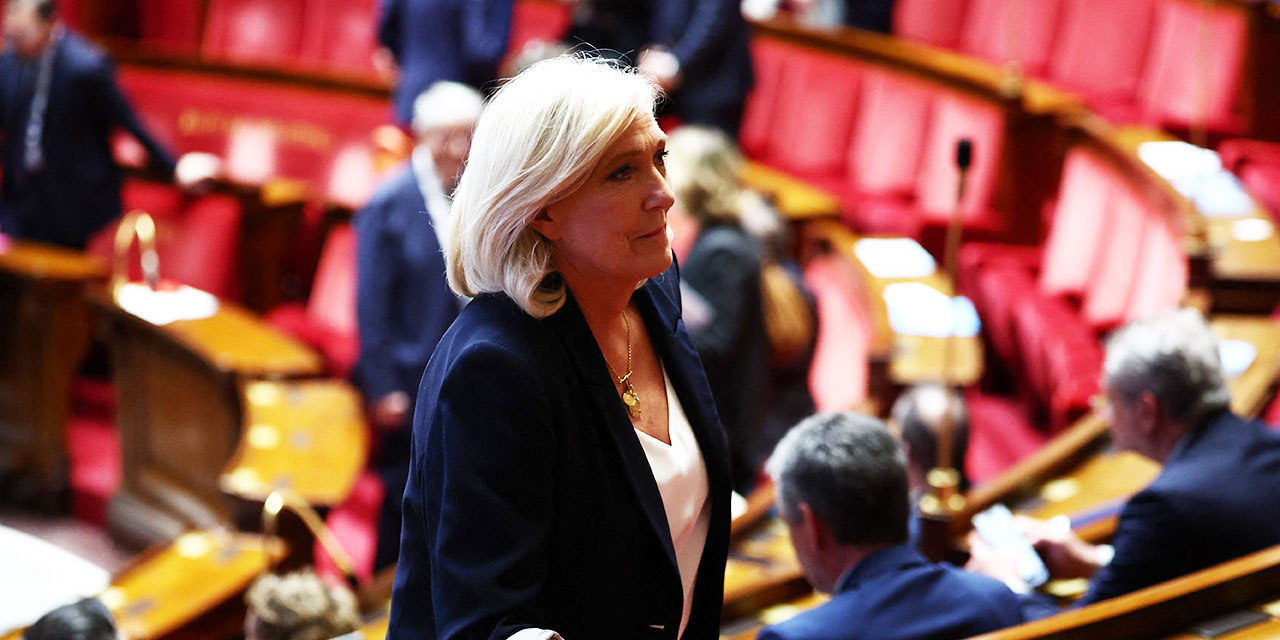If abstention were a political party, it would have secured a crushing victory in the recent French regional elections. Sixty-six percent of the electorate declined to vote in the first round, and 65.7 percent in the second.
What explains this high abstention rate? I have often heard people say of the political class that “they are all the same,” and that nothing will change no matter who is elected. Therefore, casting a vote is pointless; it is wasted time and effort. Abstention is high, however, even in elections in which a clear difference exists between candidates, and where something really is at stake: the current mayor of Paris was elected with the votes of less than 20 percent of the electorate, but most of the population detests the policies that she is now implementing—turning the streets ugly with concrete barriers and increasing traffic jams for the sake of bicycle lanes, allowing the construction of another monstrous and unpopular skyscraper.
In the regional elections, incumbent president Emmanuel Macron did almost hilariously badly, his political party obtaining only 7.1 percent of the votes cast in the second round—amounting to less than 3 percent of the total electorate. Macron’s party, En Marche, hardly has more of a real social existence than that of an African dictator who uses a party to be “elected” for life: it differs only because it is one of many competing parties.
The biggest surprise of the election, apart from the level of abstention, was the relative failure of Marine Le Pen of the Rassemblement National (formerly the National Front) to win any region or advance her share of the vote, even in circumstances of evident dissatisfaction.
Le Pen has fallen victim to an insoluble dilemma for an opposition party seeking to move from the margins to the mainstream. Either she remains true to her deeply unpleasant roots, and thereby excites a proportion of the population that will never be large enough to elect her; or she becomes dull and respectable, or at least semirespectable, in which case she cannot attract much of a protest vote while at the same time fails to enthuse her former supporters. She has chosen the latter strategy, thereby becoming for much of the electorate simply another member of the political class completely cut off from most of the population.
Perhaps not much ought to be read into these elections, for the regions are just one of the layers of French administration, whose powers are both obscure and remote from everyday concerns. The most interesting question of the general and presidential elections in 2022—which, observers predict, will inevitably pit Macron against Le Pen—may turn out to be what scandal is revealed at the last moment about the candidate who seems most likely to win and has his or her chances destroyed thereby.
Photo by ERIC FEFERBERG,ALAIN JOCARD/AFP via Getty Images




